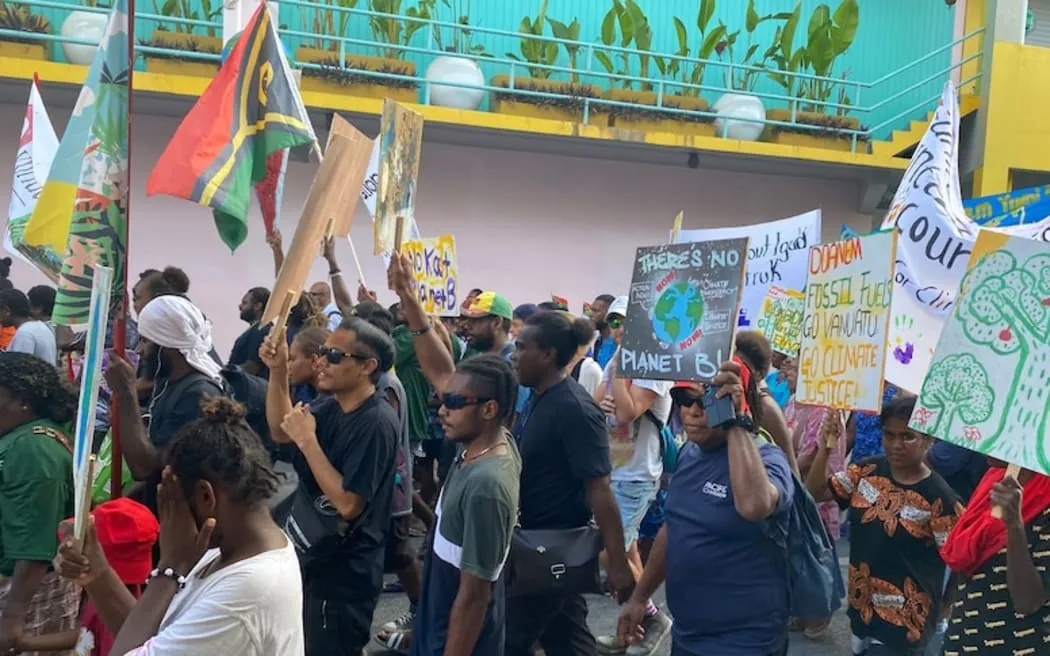Pacific Islanders Lead the Fight for Climate Accountability
The International Court of Justice (ICJ) is set to hear a landmark case that could change the course of international climate policy, as Pacific Islanders take on high-emitting states in a bid to hold them accountable for their role in exacerbating global warming.
A New Era for Climate Law?
The case, led by Vanuatu’s special envoy to climate change, Ralph Regenvanu, seeks an advisory opinion from the ICJ on the legal responsibilities of countries in relation to climate change. The Court will hear testimony from nearly 100 countries, including Vanuatu, which initiated the effort to obtain a legal opinion.
Regenvanu’s argument is based on the notion that those harming the climate are breaking international law. “This conduct – to do emissions which cause harm to the climate system, which harms other countries – is in fact a breach of international law, is unlawful, and the countries who do that should face legal consequences,” he said.
The case aims to establish a new benchmark in international law, making it clear that cumulative global greenhouse gas emissions cause climate change, and therefore, are in breach of international law. Regenvanu hopes this will provide a “line in the sand” for countries to take action and reduce their emissions.
A Frustrating COP Experience
Regenvanu had a disappointing experience at the recent COP29 climate summit in Baku, where high-emitting states continued to prioritize fossil fuel production and new oil and coal field development. He sees this case as an opportunity to clarify the UNFCCC (UN Framework Convention on Climate Change) process negotiations.
A Strong Legal Opinion Could Hold Polluters Accountable
Another Pacific climate change activist, Coral Pasisi from the Pacific Community (SPC), believes that a strong legal opinion from the ICJ could hold polluting countries accountable for failing to reach their climate targets. “There are no consequences for countries failing to meet their climate goals,” she said.
The Court’s Decision
The ICJ will decide on two questions: What are the obligations of states under international law to protect the climate and environment from greenhouse gas emissions? And, what are the legal consequences for states that have caused significant harm to the climate and environment?
Oral submissions to the Court are expected to take two weeks. The ICJ’s decision will be non-binding, but Regenvanu hopes it will provide a clear signal that international law prohibits certain actions.
A New Chapter for Climate Accountability
The outcome of this case could mark a new chapter in climate accountability, with Pacific Islanders and other countries pushing for stronger action from high-emitting states. As the world grapples with the challenges of climate change, it remains to be seen whether this case will lead to meaningful change.

0 Comments